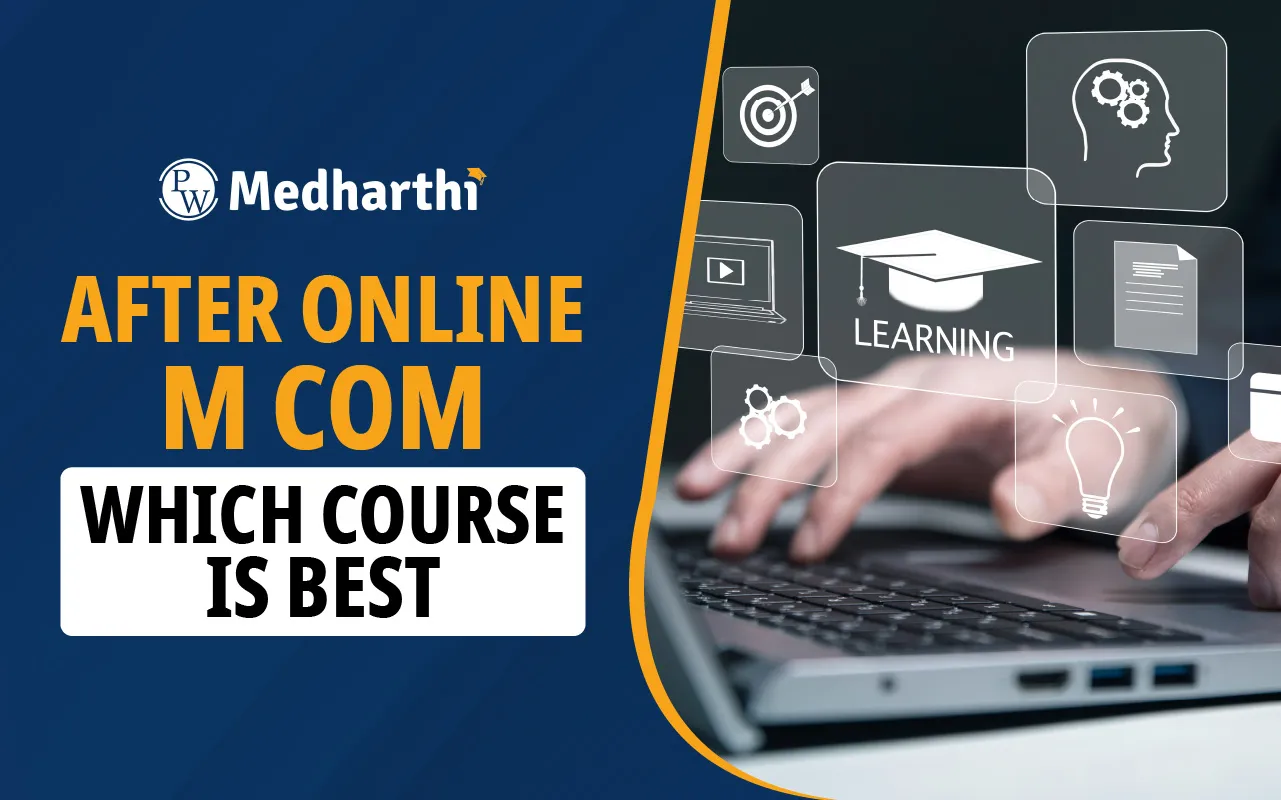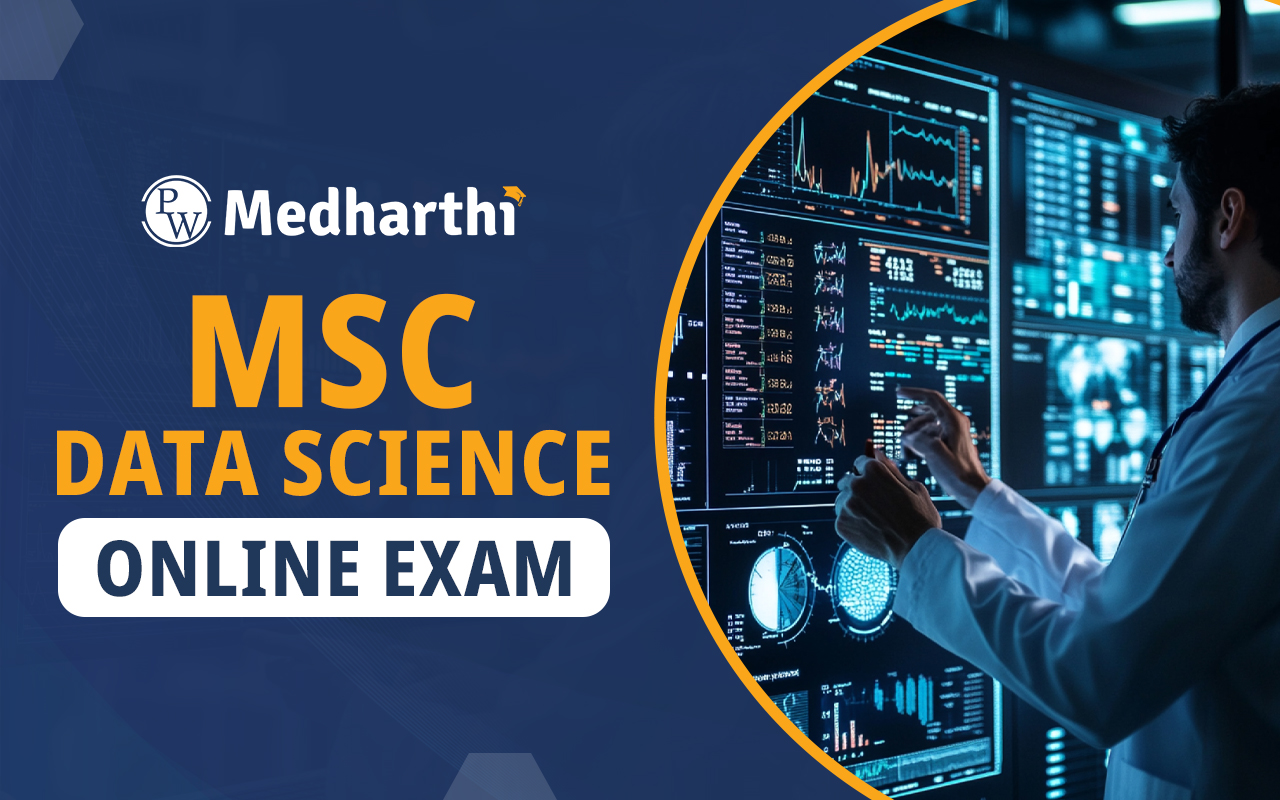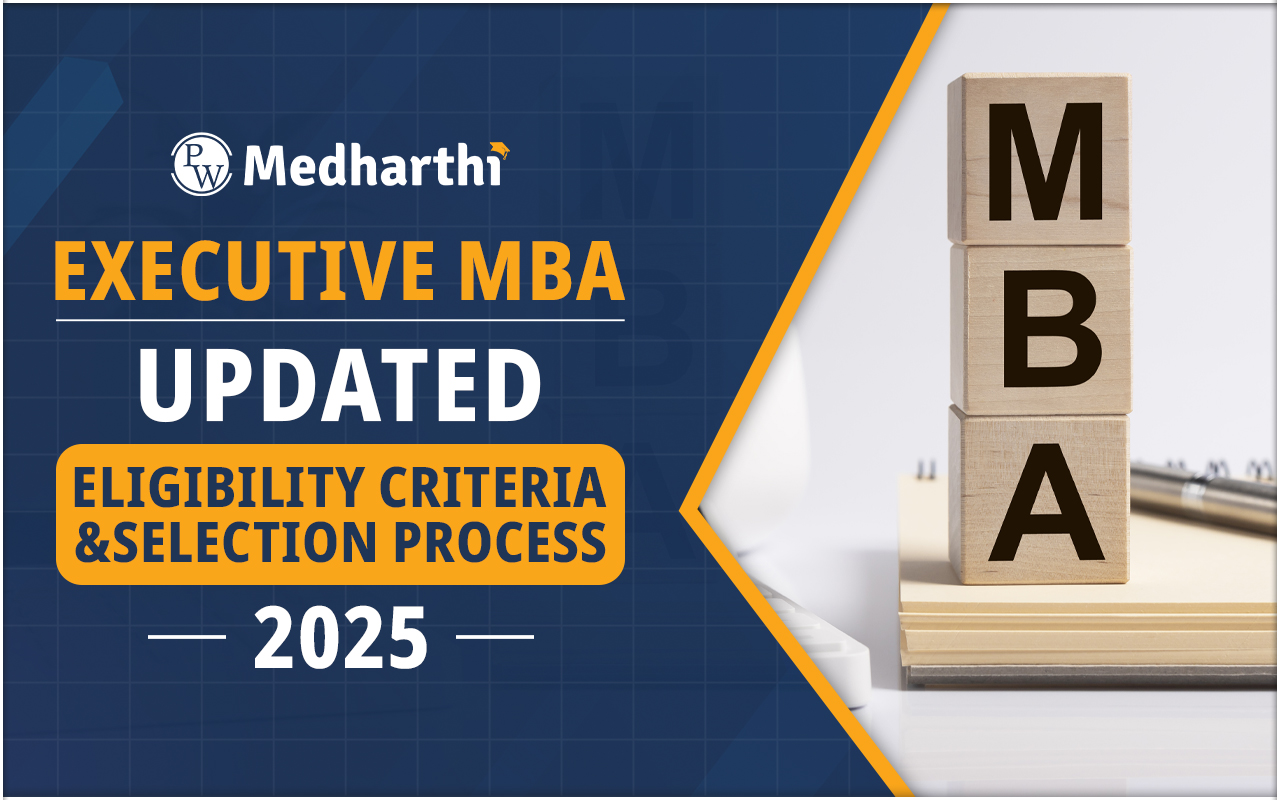

In today’s data-driven and digitally empowered corporate landscape, the role of a Business Analyst (BA) has become integral to successful business operations. Business Analysts serve as vital links between business stakeholders and technology teams, ensuring that organisational goals are translated into actionable, efficient solutions. For individuals seeking a dynamic career at the intersection of business strategy and technology, becoming a Business Analyst offers a promising path. Here is a detailed, step-by-step guide on how to become a Business Analyst in India, along with the qualifications, skills, and career progression opportunities associated with the role.
How To Become A Business Analyst Step by Step
Becoming a Business Analyst involves a structured process that combines education, skill development, practical experience, and professional certifications. This step-by-step guide outlines the essential stages to help you enter and thrive in this dynamic and rewarding profession.
1. Educational Qualifications
While there is no fixed educational route, certain academic backgrounds provide a strong foundation for aspiring Business Analysts.
-
Bachelor’s Degree: A degree in business administration, commerce, economics, computer science, engineering, or information technology is often preferred.
-
Postgraduate Qualification (Optional but Advantageous): Pursuing a Master’s in Business Administration (MBA), Information Systems, or Business Analytics can provide deeper insights and enhance career prospects.
2. Acquire Relevant Skills
To succeed as a Business Analyst, candidates must develop a blend of technical and soft skills.
Essential Skills Include:
-
Analytical Thinking: Ability to assess complex problems and identify logical solutions.
-
Communication: Clear articulation of requirements and solutions to stakeholders across departments.
-
Documentation & Modelling: Writing business requirement documents (BRDs), use cases, and process flows.
-
Technical Proficiency: Familiarity with tools such as Microsoft Excel, SQL, Tableau, Power BI, and business process modelling software.
-
Problem-Solving Ability: Capacity to offer practical and scalable solutions to business challenges.
3. Undertake Certification Courses
Certifications can validate your expertise and enhance your marketability in a competitive environment.
Popular Certifications for Business Analysts:
-
CBAP (Certified Business Analysis Professional) by IIBA
-
CCBA (Certification of Capability in Business Analysis)
-
PMI-PBA (Professional in Business Analysis) by PMI
-
Agile Analysis Certification (IIBA-AAC)
Online platforms also offer industry-recognised courses in Business Analysis, Business Analytics, and Agile methodologies.
4. Gain Practical Experience
Practical exposure is crucial to understanding real-world business scenarios. Entry-level roles such as Data Analyst, Junior Business Analyst, or Project Coordinator can help develop the necessary experience.
Ways to Gain Experience:
-
Internships during graduation or postgraduation
-
Live projects through educational platforms
-
Working on case studies and simulations
-
Volunteering for business-related roles in non-profit organisations
5. Build a Strong Resume and Portfolio
Highlighting relevant skills, certifications, tools proficiency, and project experience on your resume is key to securing interviews. Include quantifiable outcomes from any past projects to demonstrate your impact.
Portfolio Suggestions:
-
Requirement documents
-
Process models or workflow diagrams
-
Case studies and problem statements with solutions
-
Dashboards or reports from tools like Excel or Power BI
6. Prepare for Interviews
Interviews for Business Analyst roles often involve both technical and behavioural questions.
Typical Interview Areas:
-
Business case analysis
-
Scenario-based questions
-
Stakeholder management techniques
-
Use of data analytics tools
-
Understanding of business domains (e.g., finance, healthcare, e-commerce)
Can I Become Business Analyst After 12th?
Becoming a business analyst directly after 12th is not typically feasible, as most entry-level roles require at least a bachelor’s degree. However, students interested in this field can begin by pursuing undergraduate programs in commerce, economics, business administration, or computer science. These courses provide foundational knowledge in data analysis, business processes, and information systems. Additionally, students can enhance their skills by taking certification courses in data analytics, SQL, Excel, and related tools. Early exposure to business fundamentals and analytical thinking helps build a strong base for future roles in business analysis after completing formal higher education.
Understanding Business Analyst Eligibility
To be eligible for a business analyst role, candidates generally need a bachelor’s degree in fields such as business administration, finance, economics, statistics, computer science, or related disciplines. Some employers may also prefer candidates with a postgraduate qualification or professional certifications like CBAP or PMI-PBA. Along with formal education, proficiency in analytical tools, problem-solving abilities, and knowledge of business processes is often required. Strong communication skills and the ability to interpret data for business insights are also important. Eligibility criteria may vary depending on the industry and job role, so reviewing job-specific requirements is recommended.
Advantages of Becoming a Business Analyst
A career as a Business Analyst offers numerous advantages, including industry versatility, impactful responsibilities, and competitive remuneration. This section highlights the key benefits that make this role both professionally rewarding and strategically significant in today’s evolving business landscape.
Diverse Career Opportunities
One of the most compelling benefits of becoming a Business Analyst is the vast range of opportunities across multiple sectors. Whether in finance, information technology, healthcare, retail, or logistics, the need for analytical professionals remains strong and growing.
Strategic Organisational Role
Business Analysts contribute directly to strategic decision-making. By identifying inefficiencies and recommending improvements, they play a central role in shaping operational and financial outcomes.
Continuous Learning Environment
This profession fosters an environment of constant learning. As businesses evolve, so do the challenges, giving Business Analysts numerous opportunities to expand their knowledge and adapt to changing needs.
Competitive Compensation
The position is associated with attractive compensation and benefits. As professionals gain experience and domain expertise, their earning potential increases significantly.
Global Career Mobility
The skills developed as a Business Analyst are globally relevant. This allows professionals to explore opportunities in various countries and industries without major barriers to entry.
Challenges in the Role of Business Analyst
Despite its many rewards, the role of a Business Analyst comes with specific challenges that require critical thinking, adaptability, and communication skills. This section explores the common obstacles professionals may face and how to navigate them effectively.
Managing Stakeholder Expectations
One of the core challenges is addressing the differing needs and expectations of multiple stakeholders. Achieving consensus often requires diplomatic communication and strong interpersonal skills.
Balancing Technical and Business Needs
Striking a balance between what is technically feasible and what the business demands can be complex. Business Analysts must bridge this gap effectively through analysis and negotiation.
Adhering to Tight Deadlines
Projects typically run on strict timelines. Business Analysts are expected to deliver timely insights and documentation without compromising quality.
Maintaining Documentation Accuracy
Precise documentation is vital to ensure that both technical teams and business stakeholders are aligned. Inaccuracies can result in misinterpretation and costly delays.
Keeping Up with Industry Trends
Given the dynamic nature of business tools and methodologies, continuous upskilling is essential. Professionals must stay updated with the latest technologies and frameworks to remain competitive.
Tips for Aspiring Business Analysts
Aspiring Business Analysts can enhance their career prospects by following targeted strategies for skill development, networking, and real-world learning. This section provides practical tips to help individuals prepare effectively for a successful entry into the business analysis domain.
Cultivate Curiosity
Developing a genuine interest in business operations, market trends, and customer behaviour lays the foundation for becoming an effective analyst.
Be Proactive
Proactively identifying problems and offering viable solutions demonstrates initiative and makes a strong impression in any organisational setting.
Master Analytical Tools
Acquiring hands-on experience with key tools like Excel, SQL, Tableau, and Power BI can significantly enhance analytical proficiency and project execution.
Network and Engage
Connecting with professionals through industry events, webinars, and digital forums can provide valuable insights, mentorship, and job leads.
Learn from Real-World Examples
Studying case studies, business reports, and market trends can help in understanding practical challenges and preparing for interviews and real assignments.
| Online Degree Important Links | |
| Online MCA Programs in India | Online BCom Course |
| Online MCA Course | Online Degree Programs |
| Regular Degree Vs Distance Degree | BA Online Registration |
How to become a Business Analyst FAQs
What qualifications are needed to become a Business Analyst?
Do I need coding skills to become a Business Analyst?
Which certification is best for a Business Analyst?
Can a fresher become a Business Analyst?
What tools should a Business Analyst know?













